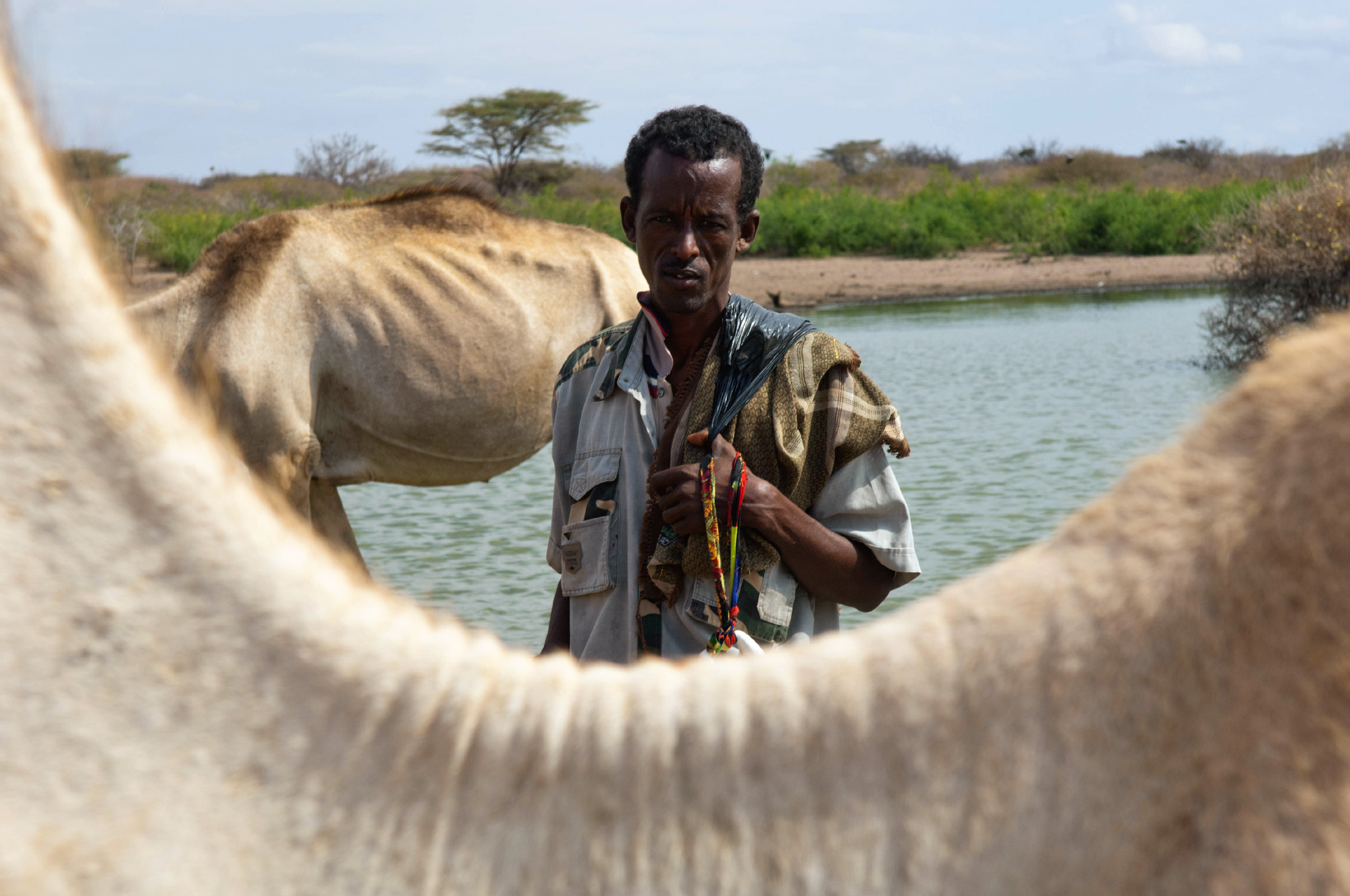
MOGADISHU, Somalia (BP)–“Me and my nation against the world, me and my clan against the nation, me and my family against the clan, me and my brother against the family, me against my brother.”
This ancient Somali proverb sheds light into the mindset of a fiercely independent culture. However, Somalia’s independent spirit has been shaken: Miniscule rainfall in two consecutive rainy seasons has triggered the worst drought the Horn of Africa has faced in 60 years.
More than half of Somalia’s population — roughly 3.7 million people, including 400,000 children — is at risk as Somalia enters the fourth month of a devastating famine. The famine, coupled with military unrest and anarchy in parts of the country, has complicated the already volatile lives of Somalis.
“It’s a sort of a disaster on a disaster,” said Drew Carson*, a Christian leader among the peoples of North Africa and the Middle East. “[Military unrest] doesn’t help mitigate the heartbreaking situation that millions of children are in.”
Some militant groups — like Al-Shabab — are taking measures to block foreign aid from being distributed and are denying Somali people the right to leave the country.
Even so, humanitarian organizations such as Baptist Global Response, the Red Cross and UNICEF as well as many nations are providing funding to help with famine relief although access into the heart of the famine area is restricted by security concerns and remote, hard-to-reach locations.
Southern Baptists are supporting two feeding sites in the Horn of Africa and assessments are underway in one other location. Funding for the initiative comes through the Southern Baptist World Hunger Fund.
“Humanitarian partners on the ground are saying the people are very responsive to the expressions of God’s love they are seeing and hearing,” said Jeff Palmer, executive director of Baptist Global Response. “But the scope of this crisis is enormous and rooted in long-term environmental and social problems.”
Famine in the Horn of Africa has claimed tens of thousands of lives and forced hundreds of thousands to flee their homes, according to the United Nations. An estimated 12.4 million people are endangered by the crisis, which also has affected Ethiopia, Kenya, South Sudan, Sudan, Uganda and Djibouti.
The disaster forces the culturally self-sufficient Somalis to seek help from others — whether by fleeing to refugee camps, such as Dadaab in Kenya, or through outside aid entering Somalia. The help is being met with mixed results — some have eagerly embraced it while militant groups and rebels have sabotaged and stolen relief food and supplies.
The Southern Baptist feeding operations have not been directly affected by sabotage or stolen supplies, but the cultural dynamic of fear and mistrust complicates all the relief operations.
Carson said Somalis are “afraid of people in their own country — of creating war with them — and that creates a destabilization of that part of the world that makes it near impossible to mitigate many of the problems.”
“It’s a desperate part of the world — there needs to be something done. There needs to be a systematic answer,” Carson said. “In the meantime, there is a need that Christians can respond to.”
In the midst of these hardships, Southern Baptists are sharing the love of Christ with the hurting Somali people. That love is currently manifesting itself in the form of funding for food relief and medical aid but it represents a deeper love — and may be opening doors for the message of God’s love to be widely proclaimed in this part of the world.
“Please keep praying that God would raise up a multitude of Christians to help these people in their time of need,” Palmer said.
–30–
*Name has been changed. Trent Parker is a writer for the IMB in Europe. Donations designated for the Horn of Africa crisis can be made through the International Mission Board at www.imb.org. A multimedia slideshow about the famine crisis is available at www.vimeo.com/africastories/famine-imb. Resources for promoting the World Hunger Fund can be found at www.worldhungerfund.com. Baptist Global Response is on the Web at www.gobgr.org.

















